Pokhara: Nepal's Adventure Paradise Unveiled
Nestled in the heart of Nepal, where the Himalayas kiss the sky and tranquil lakes mirror snow-capped peaks, lies Pokhara – a city that captures the essence of adventure and serenity in equal measure. As you plan your journey with Tweet World Travel, prepare to be enchanted by a destination that's more than just a gateway to the famous Annapurna Circuit; it's a world unto itself, brimming with natural wonders, cultural riches, and adrenaline-pumping experiences.
Nepal
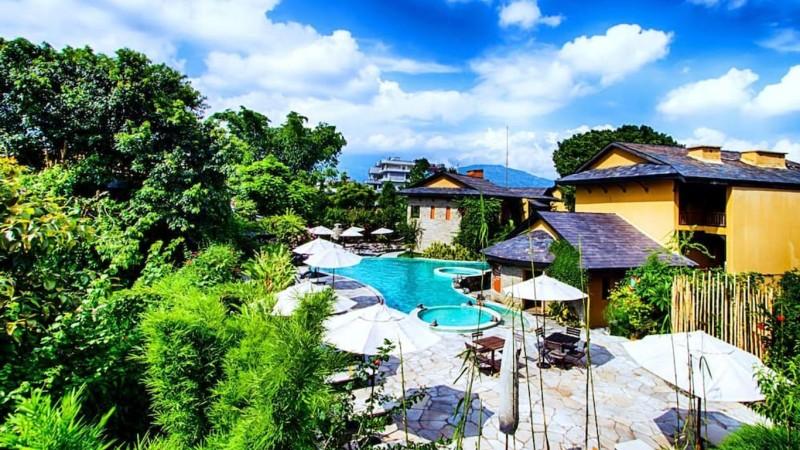
A Tapestry of History and Culture
Pokhara's story is as deep and complex as the gorges that slice through its landscape. Once a vital stop on the ancient trade route between India and Tibet, this lakeside city has evolved into a melting pot of diverse ethnic groups, each contributing to its vibrant cultural tapestry.
The old bazaar stands as a living testament to Pokhara's rich history. Here, narrow alleys wind between weathered buildings, their facades telling tales of centuries past. The air is thick with the scent of spices and incense, transporting visitors to a time when merchants from distant lands haggled over exotic goods. Every stone in these ancient streets seems to whisper secrets of bygone eras.
Gurungs, Magars, and Thakalis – these indigenous communities have called Pokhara home for centuries, their traditions and customs intertwining to create a unique cultural identity. The Gurungs, known for their bravery as Gurkha soldiers, bring their martial traditions and vibrant festivals to the city. The Magars, with their rich folklore and distinctive music, add another layer to Pokhara's cultural symphony. The Thakalis, renowned for their culinary expertise, have infused the local food scene with flavors that tantalize the taste buds of locals and visitors alike.
Dr. Hari Shrestha, a renowned archaeologist, once described Pokhara as "a living museum of ethnic diversity." This diversity is evident in everything from the architectural styles of the temples dotting the landscape to the colorful festivals that punctuate the calendar year. The Bindabasini Temple, perched atop a hill, stands as a symbol of this cultural fusion. Its pagoda-style architecture, typical of the Newari people, houses a deity revered by multiple ethnic groups, showcasing the harmonious coexistence of different traditions.
Tweet World Travel Insight: To truly immerse yourself in Pokhara's cultural tapestry, time your visit to coincide with the Tiji Festival. This three-day ritual, known as "The chasing of the demons," is usually held in May and offers a spectacular display of Tibetan Buddhist culture. Masked dancers whirl in intricate patterns, their movements telling ancient stories of triumph over evil. The air vibrates with the sound of long horns and rhythmic drumming, creating an atmosphere that's both mystical and electrifying. It's a rare opportunity to witness a tradition that has remained largely unchanged for centuries, offering a window into the spiritual heart of the region.
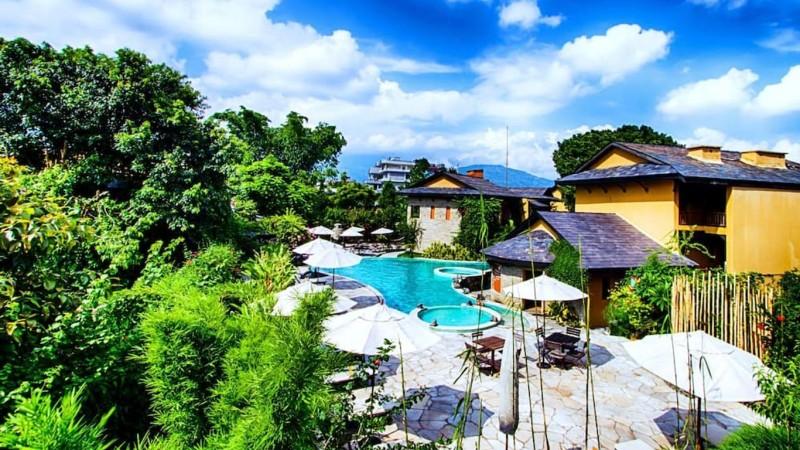
Nature's Masterpiece: Pokhara's Geographical Wonders
Pokhara's beauty isn't just skin deep; it's etched into the very earth. The Seti Gandaki river gorge, a natural phenomenon that has puzzled geologists for years, slices through the city's heart. This geological marvel defies easy explanation. At points, the gorge is so narrow and deep that it disappears from view, only to resurface with a roar, its milky waters a stark contrast to the lush greenery surrounding it.
The gorge's formation is a testament to the powerful forces that have shaped this landscape over millions of years. Carved by glacial meltwater and tectonic activity, it serves as a natural time capsule, revealing layers of the earth's history in its steep walls. For the adventurous, guided tours offer the chance to explore sections of the gorge, providing a unique perspective on Pokhara's geological heritage.
But the true jewel in Pokhara's crown is undoubtedly Phewa Lake. As dawn breaks, the lakeshore transforms into a canvas of breathtaking beauty. The still waters act as a mirror, perfectly reflecting the Annapurna range, creating an illusion so perfect it's hard to tell where the mountains end and their reflection begins. This daily spectacle has inspired countless poets, painters, and photographers, each striving to capture the ephemeral magic of the moment.
Phewa Lake isn't just a pretty face; it's the lifeblood of Pokhara. Covering an area of about 4.43 square kilometers, it's the second largest lake in Nepal and plays a crucial role in the local ecosystem. The lake supports a diverse array of flora and fauna, including several species of fish and water birds. For the people of Pokhara, it's a source of livelihood, supporting fishing, boating, and tourism industries.
At the heart of Phewa Lake lies the Tal Barahi Temple, a two-story pagoda-style structure dedicated to the Hindu goddess Durga. This island temple, accessible only by boat, adds a touch of mysticism to the lake's serene beauty. Legend has it that the temple was built to appease the goddess and protect the city from natural disasters. Today, it stands as a popular pilgrimage site and a must-visit attraction for tourists, offering a unique blend of spiritual significance and natural splendor.
Tweet World Travel Experience: To truly appreciate the magic of Phewa Lake, join our exclusive sunrise kayaking tour. As you glide silently across the water, the first rays of sunlight paint the Himalayas in hues of gold and pink. The only sounds are the gentle lapping of water against your kayak and the occasional call of an early-rising bird. It's a moment of pure tranquility, where the boundary between earth and sky seems to dissolve, leaving you floating in a world of reflected beauty. This is more than just a tour; it's a meditation in motion, a chance to connect with nature in its most sublime form.
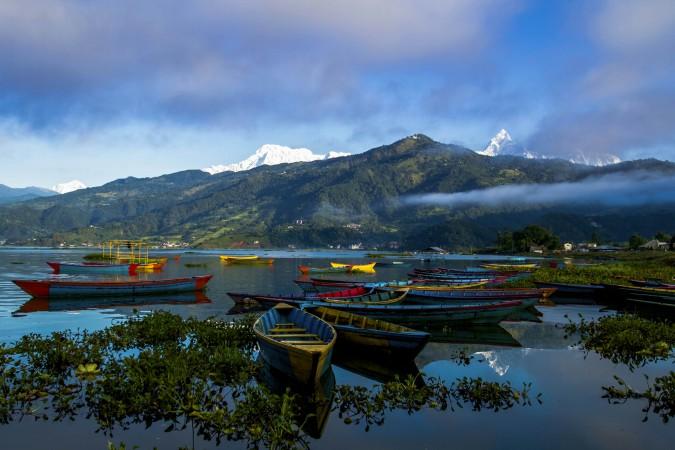
Adventures for Every Thrill-Seeker
Pokhara isn't just about serene lakes and mountain views; it's an adventure junkie's paradise. The city's unique geography creates a playground for thrill-seekers, offering a diverse range of activities that cater to all levels of adrenaline addiction.
Paragliding from Sarangkot has become synonymous with Pokhara's adventure scene. As you launch from the 1,600-meter hill, the world falls away beneath you. The Annapurna range stretches out before your eyes, while Phewa Lake shimmers far below. It's a bird's-eye view that few places on Earth can match. The thermals rising from the valley create perfect conditions for extended flights, allowing you to soar alongside eagles and vultures in a dance as old as time itself.
For those who prefer their adventures with a splash, the rivers around Pokhara offer world-class white water rafting. The Upper Seti River, with its crystal-clear waters originating from the Annapurna massif, provides an exhilarating half-day trip right from the city's edge. More experienced rafters can tackle the Kali Gandaki, known as the world's deepest gorge. Here, the rapids surge between towering cliffs, creating a thrilling journey through a landscape that's remained largely unchanged for millennia.
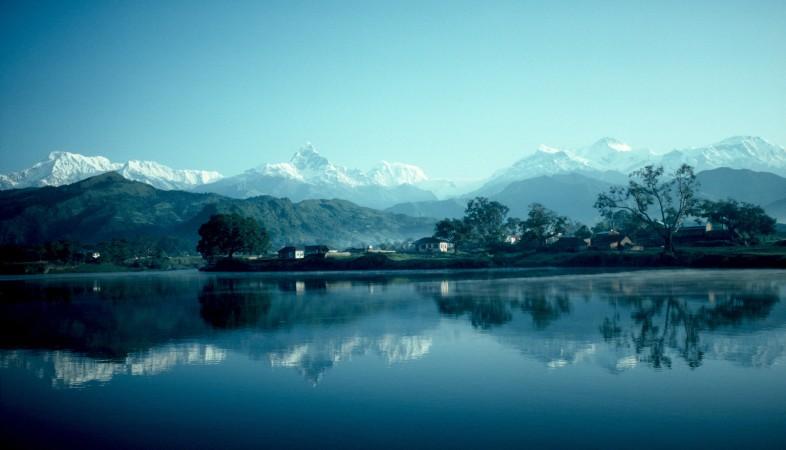
A Feast for the Senses: Pokhara's Culinary Scene
After a day of heart-pounding adventures, Pokhara's culinary scene offers its own form of excitement. The city's diverse ethnic makeup is reflected in its food, creating a melting pot of flavors that will tantalize your taste buds and offer insight into the local culture.
Start your culinary journey with a plate of momos, Nepal's beloved dumplings. These little pockets of flavor are more than just a snack; they're a cultural institution. Whether steamed or fried, filled with vegetables, meat, or cheese, momos are the great equalizer in Nepali society. You'll find them being enjoyed by everyone from laborers to businessmen, often accompanied by spicy tomato-based achar (pickle) that adds an extra kick.
For a more substantial meal, dive into a traditional Thakali thali. This balanced meal, originating from the Thakali people of the Mustang region, is a culinary adventure in itself. A typical thali features dal (lentils), bhat (rice), tarkari (curried vegetables), and your choice of meat, all served on a single plate. Each element is carefully prepared to create a harmonious blend of flavors and textures. The dal, slow-cooked with herbs and spices, provides a rich, comforting base, while the tarkari offers a variety of seasonal vegetables prepared in unique ways.
Tweet World Travel Foodie Tip: Join our evening food walk through Pokhara's old town. This curated experience takes you off the beaten path to hidden gems known only to locals. You'll sample dishes like sel roti, a sweet rice bread that's perfect for breakfast, and chatamari, often called "Nepali pizza." As you stroll through the narrow alleys, your guide will share stories about the cultural significance of different foods and the history behind local culinary traditions. The walk culminates with a spectacular view of the city lights reflecting on Phewa Lake, providing a perfect end to an evening of gastronomic exploration.
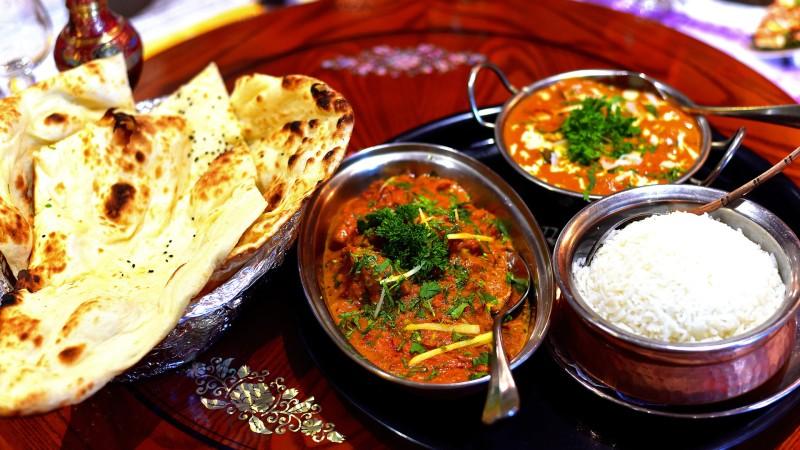
Sustainable Tourism: Preserving Pokhara's Beauty
As Pokhara grows in popularity, the importance of sustainable tourism cannot be overstated. The delicate balance between development and conservation is crucial to preserving the natural beauty and cultural integrity that make this city so special.
At Tweet World Travel, we're committed to ensuring that your visit benefits local communities and contributes to the long-term health of Pokhara's ecosystem. We partner with local guides and family-run guesthouses, ensuring that tourism dollars flow directly into the community. This approach not only provides you with authentic experiences but also helps preserve traditional ways of life.
Our trekking and adventure activities follow strict "Leave No Trace" principles. We provide comprehensive briefings on responsible tourism practices, encouraging our guests to minimize their environmental impact. This includes using refillable water bottles, properly disposing of waste, and respecting local customs and dress codes.
We actively participate in local conservation efforts, including lake clean-up initiatives and reforestation projects. The "Clean Phewa Campaign," which we support, aims to reduce pollution and sedimentation in Phewa Lake, crucial for maintaining the lake's ecological balance and scenic beauty.
By choosing Tweet World Travel for your Pokhara adventure, you're not just witnessing the beauty of Nepal – you're helping to preserve it for future generations. Your visit becomes part of a larger story of responsible tourism, one that seeks to balance exploration with conservation.
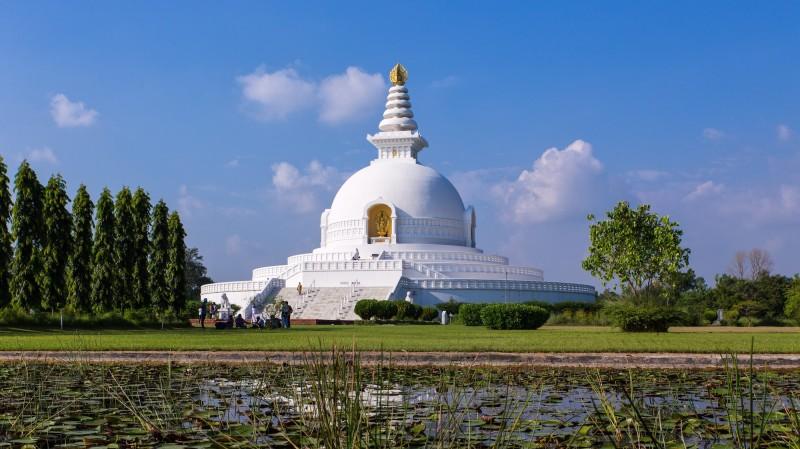
Your Pokhara Adventure Awaits
From the tranquil shores of Phewa Lake to the adrenaline-pumping heights of Sarangkot, Pokhara is a city that defies simple description. It's a place where nature's grandeur meets human warmth, where ancient traditions coexist with modern adventures, and where every visitor finds their own piece of paradise.
Whether you're seeking spiritual renewal in the shadow of the Himalayas, craving the rush of freefall, or simply looking to lose yourself in the beauty of one of the world's most stunning landscapes, Pokhara has something for you. And with Tweet World Travel as your guide, you're guaranteed an experience that goes beyond the ordinary, delving deep into the heart and soul of this extraordinary place.
As you stand on the shores of Phewa Lake, watching the sun set behind the Annapurna range, you'll understand why Pokhara has captivated travelers for generations. The play of light on water, the distant rumble of the Seti River, the laughter from nearby cafes – all blend into a symphony of sensations that define the essence of this magical city.
So pack your sense of wonder, your appetite for adventure, and your camera (trust us, you'll need it). Pokhara is calling, and the journey of a lifetime awaits. Are you ready to answer?
Articles for you

Experience Aboard The RV Indochine II - A Mekong Cruise With Tweet World Travel
The RV Indochine II is a luxury river cruise ship, offering an unforgettable journey through many attractions along the Mekong River. Built in 2017, this upscale vessel combines colonial elegance with modern conveniences to create a comfortable yet stylish environment for its crew and passengers. The ship’s intimate size makes it ideal for those seeking a more personal cruising experience while exploring Vietnam and Cambodia rich culture, scenery, and heritage. Whether you're gazing at the landscape from your private balcony or enjoying authentic local cuisine, RV Indochine II promises an exotic adventure like no other.

Witness Stilt Fishing In Sri Lanka: An Eco-Tourism Experience
Sri Lanka, renowned for its stunning beaches and rich cultural heritage, harbors a unique tradition that has captivated travelers for centuries: stilt fishing. This ancient practice, passed down through generations of coastal communities, blends artistry with necessity, offering a glimpse into a way of life intimately connected to the island's coastal rhythms. Stilt fishing in Sri Lanka isn't merely a means to catch fish; it's a cultural emblem, embodying the resilience and ingenuity of Sri Lanka's fishing communities.

Make Your Trip Stress-Free With The Tweet Trip App
Embark on your next adventure with confidence by downloading the Tweet Trip App, available for both iOS and Android. This essential travel companion allows you to view your detailed itinerary, stay connected with your tour guide and fellow travelers, receive real-time updates, and provide feedback effortlessly. With features like in-app messaging, emergency assistance, and location sharing, the Tweet Trip App ensures you travel smarter, stay connected, and enjoy a seamless, worry-free journey. Get started today and make the most of your travel experience with Tweet World Travel.

Pedal Through Paradise: Unveiling Cambodia's Hidden Gems on Two Wheels
The gentle whir of bicycle wheels mingles with the distant chants of monks as you glide past emerald rice paddies stretching to the horizon. This is Cambodia - a sensory explosion waiting to be experienced on two wheels. At Tweet Tours, we believe there's no better way to immerse yourself in the Kingdom of Wonder than by bicycle.
Cambodia isn't just a destination; it's a living, breathing tapestry of ancient wonders, natural beauty, and vibrant culture. Our carefully crafted cycling tours take you beyond the typical tourist haunts, offering a unique perspective on this captivating country. Ready to clip in and discover the magic of Cambodia? Let's ride!

Trekking in the Himalayas: A Journey Through Nepal's Majestic Peaks
The Himalayas rise from the earth like colossal guardians, their snow-capped peaks piercing the sky in a display of nature's raw power and beauty. Nepal, nestled at the heart of this mountain range, serves as the gateway to some of the most breathtaking trekking experiences on the planet. Here, the air is crisp and thin, filled with the promise of adventure and the whispers of ancient tales.
With Tweet Tours, as you set foot on these hallowed trails, you're not just a traveler - you're a modern-day explorer, following in the footsteps of legendary mountaineers and age-old traders. Each step takes you further into a world where nature reigns supreme and human resilience is tested against the backdrop of some of the world's highest peaks.
From the moment your boots touch the ground in Kathmandu, you'll feel the pull of the mountains. The bustling streets of the capital, with their sensory overload of sights, sounds, and smells, soon give way to serene mountain paths where the only soundtrack is the crunch of gravel underfoot and the distant tinkling of yak bells.

Exploring Mui Ne's Wonders: Unique Attractions & Local Dishes
Nestled along the southeastern coast of Vietnam, Mui Ne emerges as a captivating gem, blending natural wonders with cultural richness. Renowned for its stunning landscapes and unique attractions, Mui Ne beckons travelers seeking both relaxation and adventure in equal measure. Mui Ne's renowned beach dunes, bustling fishing towns, and excellent local food await exploration at every turn.
The allure of Mui Ne lies not only in its pristine beaches and crystal-clear waters but also in its diverse range of activities catering to every traveler's whims. Whether you're drawn to thrilling water sports like kitesurfing and windsurfing on its dynamic shores or seeking tranquility amidst the picturesque Fairy Stream, Mui Ne promises an unforgettable journey filled with discovery.
